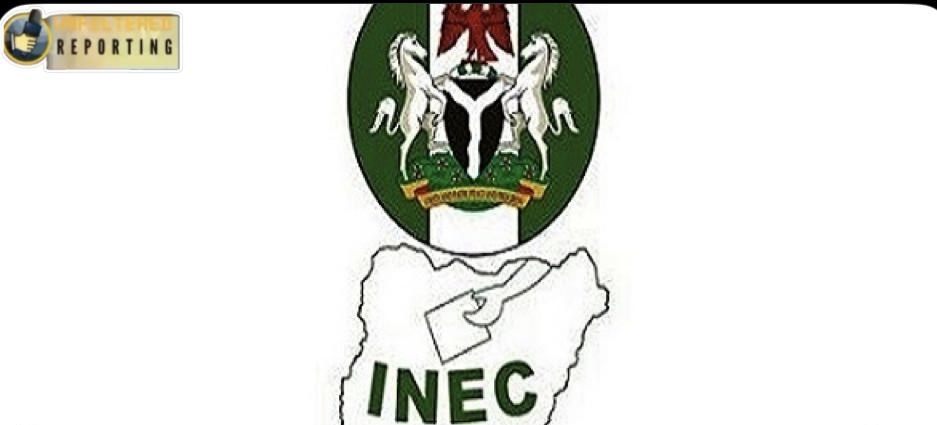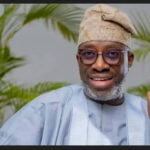Only South West Has not Held INEC Chairman Position Since Inception

Since its establishment, the Independent National Electoral Commission (INEC) has played a central role in shaping Nigeria’s democratic journey.
However, a closer look at its leadership history reveals a striking regional imbalance. Out of the 12 individuals who have chaired the commission since 1964, 10 have come from the South and only two from the North — leaving the South-West as the only geopolitical zone yet to produce an INEC chairman.
The first electoral umpire, Eyo Ita Esua, from Cross River in the South-South, led the then Federal Electoral Commission (FEC) from 1964 to 1966. He was succeeded a decade later by Michael Ani, also from the South-South, who chaired the commission between 1976 and 1979. The region continued to dominate, producing Victor Ovie-Whisky (1980–1983), Okon Edet Uya (briefly in 1993), Sumner Karibi Dagogo-Jack (1994–1998), Ephraim Akpata (1998–2000), and Abel Guobadia (2000–2005).
The South-East has also had its fair share of leadership, producing three chairmen: Eme Awa (1987–1989), Humphrey Nwosu (1989–1993), and Maurice Iwu (2005–2010). It was not until 2010 that the North produced its first INEC chairman, with Attahiru Jega from Kebbi State in the North-West, who served until 2015. The current chairman, Mahmood Yakubu, from Bauchi State in the North-East, has been in office since 2015.
This means that in over five decades of Nigeria’s electoral history, the South-West remains the only region never to have held the position. Analysts say this exclusion raises questions about regional balance in appointments to key national institutions. While the South-South has produced the highest number of electoral chairmen — seven in total — the North has had only two, despite being the most populous region in the country. Political observers argue that such imbalances in sensitive institutions could fuel perceptions of marginalisation and weaken confidence in the democratic process.
As Nigeria prepares for future elections, stakeholders are calling for more equitable representation across regions in order to strengthen inclusiveness, fairness, and national unity in the democratic space.








